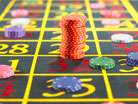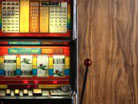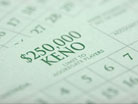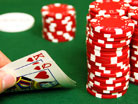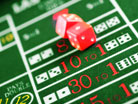Overview Of The Montly Hall Problem
The Monty Hall problem
The Monty Hall problem is a very well known probability theory puzzle. The problem had been based on "Let's make a deal" a very popular American television game program. The name of the problem had been given based on the host of the show, Monty Hall. The problem is a veridical paradox which is why it is also known as Monty Hall paradox.
In this problem the results of the game appears to be quite absurd but it is true. In one of its formulations, the problem is quite similar to the Three Prisoners problem which is again similar to the Bertrand's box paradox. It is very difficult for people to solve these problems which have unequal probability distribution. These problems have led to various psychological studies which address these issues.
The problem
It was in the year 1975 that Steve Selvin had first pointed out to a problem which had been based on Lets make a deal. The problem was later termed as Monty Hall problem. The problem presents the situation where a contestant is given the choice between three doors. Behind one of the doors is a car and behind the others are goats.
The contestant picks a door 1 and the host does know what is behind all the doors. He opens another door, No 3 behind which he knows there is a goat. The host then asks the contestant "Do you want to pick up door No 2?" Is it advantageous for the player to switch his/her choice?
However, there are several different problems which govern this situation like whether or not the host will always offer to open the door and whether or not he would always ask the contestant to switch his/her choice.
The solution
Any player, when he chooses one door out of three will have 1/3 chance of revealing the car behind the closed door and 2/3 chances of choosing the wrong door. When the host opens a door to reveal a goat, he player still does not have any information about what is behind the door he/she has chosen so the probability of choosing a door with a car will still remain 1/3 even after one door has been opened.
However, the car is with chance 2/3 behind the remaining unopened door. When a player switches the doors the player's probability will then be 2/3 so it is better for the player to switch the doors. There are several other things which would make a difference in this situation like whether or not all the other assumptions remain the same. If for example the player switches numbers 2 and 3 then the probability that the car is behind door No 1 is the same if the host had opened door No 2 or if he had opened door no 3 when the player had chosen door no 1.
This had been the basic concept based on which the Monty Hall problem had been developed. The problem had been quite popular and had been studied by several different scholars over the years.
| Online Casinos for AU, UK, CA | ||
| Casino | Bonus | Play |
 |
Get Welcome Bonus $1200 Free | Play |
 |
€1000 free bonus at Luxury casino | Play |
 |
Get a $500 FREE bonus | Play |
 |
€1250 Free Bonus at Casino Action Mobile! | Play |
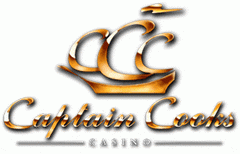 |
100 Free Chances to Win! | Play |
Small Games of Chance
Players all over the world are fond of playing games of luck that do not require lots of trainig and learning.
Probability Theory
The random events are the main objects of investigation of the probability theory, which is a branch of mathematics.
House Edge
Random Number Generator

Compulsive Gambling
Compulsive gambling is a medical condition known as addiction to gambling even in casino online.

Games of Skill
Games of skill requires lots of practicing from players if they want to be successful.







